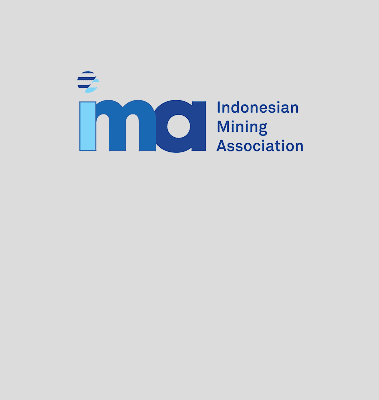Indonesia’s state-owned banks should avoid channeling newly injected government funds into high-risk sectors such as coal mining, analysts have warned.
The government recently distributed Rp 200 trillion ($12.2 billion) from Bank Indonesia to five state banks: Bank Rakyat Indonesia (BRI), Bank Negara Indonesia (BNI), and Bank Mandiri, which each received Rp 55 trillion; Bank Tabungan Negara (BTN), which received Rp 25 trillion; and Bank Syariah Indonesia (BSI), which received Rp 10 trillion.
The government of President Prabowo Subianto hopes the injection will accelerate lending and spur growth, but concerns remain about ensuring the funds are directed into productive and sustainable sectors.
Bhima Yudhistira, Executive Director of the Center of Economic and Law Studies (Celios), said coal is an especially risky sector due to price volatility and global momentum shifting toward cleaner energy.
“The most important thing is to ensure credit does not flow into high-risk sectors like coal,” Bhima said on Sunday.
Coal prices have fallen 27 percent in the past year, and major consumers such as China and India are moving away from the commodity as they advance energy transition policies. Bhima urged state banks to act prudently in allocating funds to avoid missteps.
He argued that directing state bank funds toward sustainable industries — such as renewable energy, digital infrastructure, and green manufacturing — would not only reduce risk but also align with Indonesia’s long-term commitments to decarbonization.
Beyond the coal sector, he also highlighted the risks of fictitious or non-commercial loans, warning that government programs — such as plans to establish thousands of village cooperatives and free nutritious meal initiatives — could result in non-performing loans without proper oversight.
“A prudent credit analysis is crucial, because not all village cooperatives are ready to manage loans, especially with ceilings of up to Rp 5 billion each,” Bhima explained.
The warning comes as Indonesia faces growing international scrutiny over its reliance on coal, which still accounts for more than half of the country’s power generation. Under its Just Energy Transition Partnership (JETP) with international partners, Jakarta has pledged to peak power sector emissions by 2030 and increase the share of renewables to 34 percent by that year.
Bhima further noted that injecting liquidity into state banks does not automatically boost the economy if businesses remain reluctant to borrow. To stimulate confidence, Bhima suggested the government provide tax incentives to encourage companies to seek new credit.


